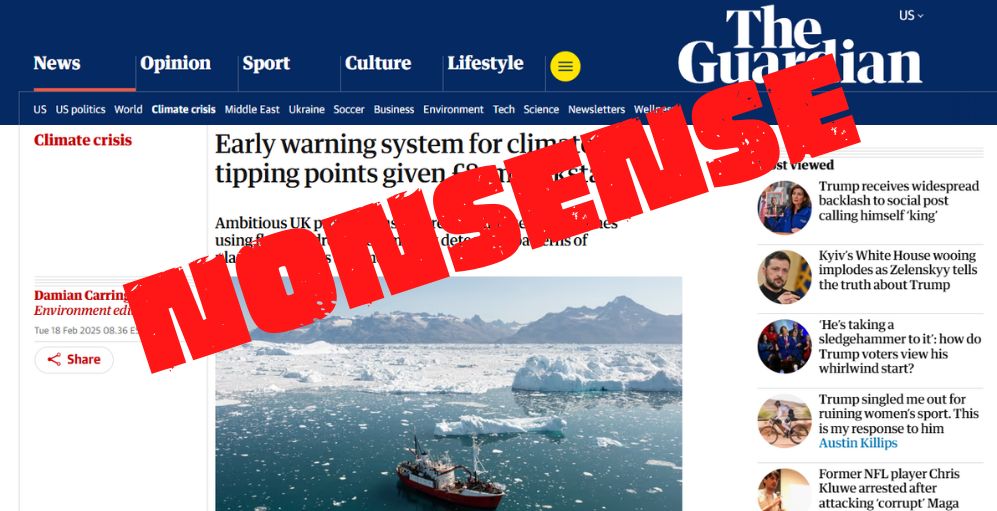By Alastair Marsh
(Bloomberg) — The largest climate-finance group for banks is exploring a list of fundamental adjustments to how it operates, as it seeks to right itself after a wave of high-profile exits.
The Net-Zero Banking Alliance is considering an overhaul of its membership terms that may include abandoning a requirement for signatories to align their portfolios with a goal of limiting global warming to 1.5C, according to a person familiar with the group’s thinking who asked not to be identified discussing private deliberations.
If enacted, such changes would amount to a clear departure from the founding tenets of the alliance. Deliberations are ongoing and it’s not clear what the final result will be.
A spokesperson for NZBA said the alliance is currently undertaking a “strategic review,” adding that the group was designed to allow for adaptation to “changing conditions.”
The development follows a tumultuous few months for NZBA. The alliance was founded just four years ago and once claimed to represent over 40% of global banking assets. Now, with Wall Street responding to the Trump administration’s attacks on climate policies, net zero alliances are fighting for survival.
Goldman Sachs Group Inc. was the first Wall Street bank to turn its back on NZBA, announcing its decision a month after Donald Trump won the Nov. 5 presidential election. By Jan. 7, when JPMorgan Chase & Co. quit, not a single big US bank was left in the alliance. Canadian banks were quick to follow, virtually wiping NZBA off the North American map.
Members of NZBA’s steering group, which governs the alliance, met on Jan. 23 to discuss how to move past the shock of losing key signatories, and how to prevent further defections, according to a person familiar with the matter.
Options currently on the table include abandoning a requirement for banks to align their businesses with the 1.5C target of the Paris climate accord, and instead setting a new limit of “well below 2C,” the person said.
The 2015 Paris agreement set 1.5C as a so-called stretch goal within the overarching ambition to hold the increase in the global average temperature to well below 2C above pre-industrial levels by 2100. At the current pace of decarbonization, the United Nations has warned that neither of those targets will be met.




